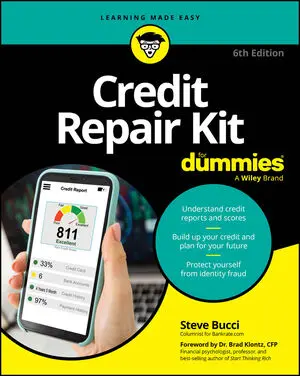Building good credit takes time. Follow these tips to get a great credit score the first time around or, if you’ve made some mistakes, to recover in the shortest time possible.
Clean up your credit reports every year. Use the Annual Credit Report Request Service to access your report and dispute errors and out-of-date data to boost your score. Up to 25 percent of credit reports have errors; yours may, too.
Keep balances below 50 percent of your credit limits. High credit balances mean lower scores.
Pay your bills on time. It’s that simple.
Keep accounts open longer. Older accounts score higher because they establish the length and stability of your credit history.
Limit new credit because it lowers your score. New credit and more inquiries on your account increase your risk profile and lower your score, especially if you don’t have a long credit history. Add new credit only when it makes sense, not just to have another card or to get an incentive gift.
Use more than one type of credit. Doing so shows that you can manage different types of credit and different types of payments (fixed or variable). Have a variety of credit cards, retail accounts, installment loans, and other types of credit.
Use secured cards to help establish or reestablish credit. Secured cards are accepted by merchants and scored like regular credit cards, and the balance is guaranteed by a bank deposit. This makes credit easier to get and builds or rebuilds your score faster.
Avoid cosigning; it’s dangerous to your credit score. If the person for whom you cosign defaults, you may not know about it for months. As a cosigner, you’re 100 percent responsible for the debt, including any penalties, and your credit score suffers as well.






